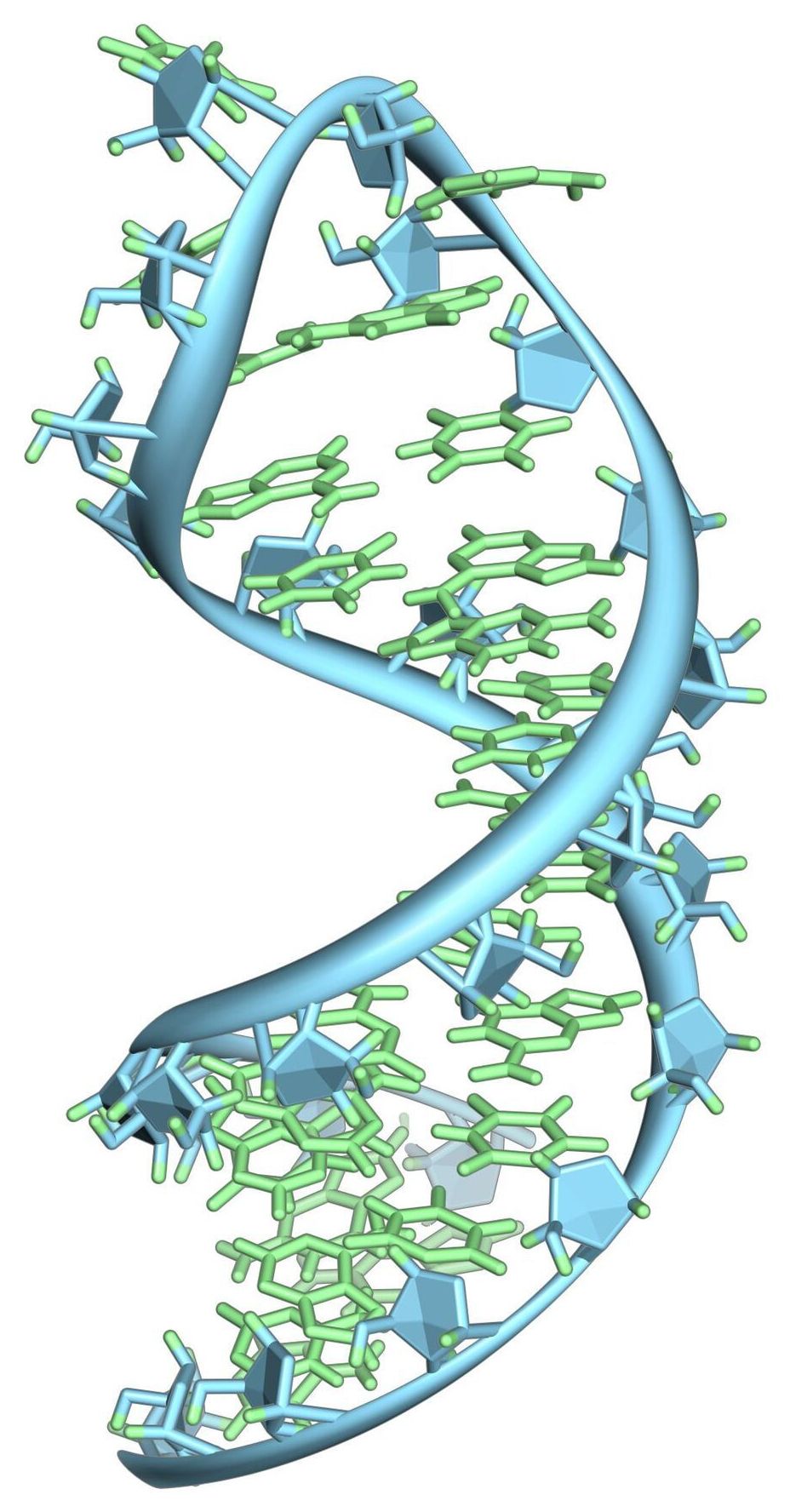A new Northwestern University-led study is unfolding the mystery of how RNA molecules fold themselves to fit inside cells and perform specific functions. The findings could potentially break down a barrier to understanding and developing treatments for RNA-related diseases, including spinal muscular atrophy and perhaps even the novel coronavirus.
“RNA folding is a dynamic process that is fundamental for life,” said Northwestern’s Julius B. Lucks, who led the study. “RNA is a really important piece of diagnostic and therapeutic design. The more we know about RNA folding and complexities, the better we can design treatments.”
Using data from RNA-folding experiments, the researchers generated the first-ever data-driven movies of how RNA folds as it is made by cellular machinery. By watching their videos of this folding occur, the researchers discovered that RNA often folds in surprising, perhaps unintuitive ways, such as tying itself into knots—and then immediately untying itself to reach its final structure.
